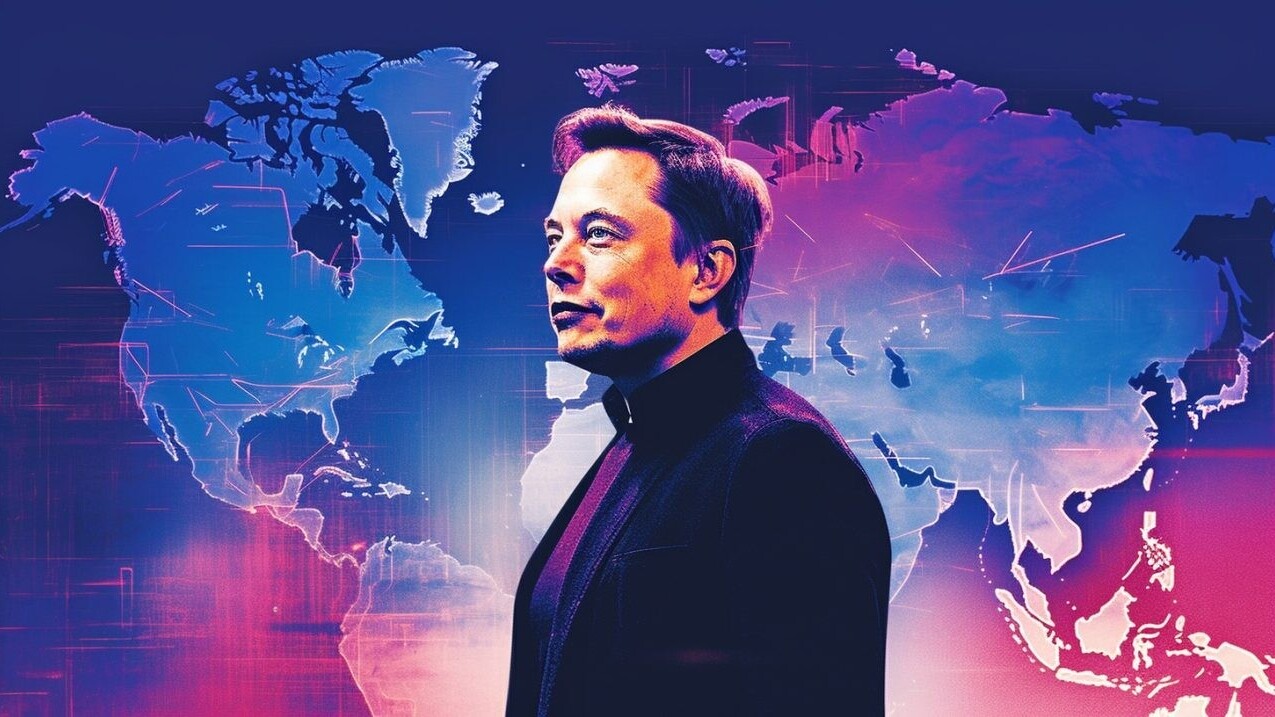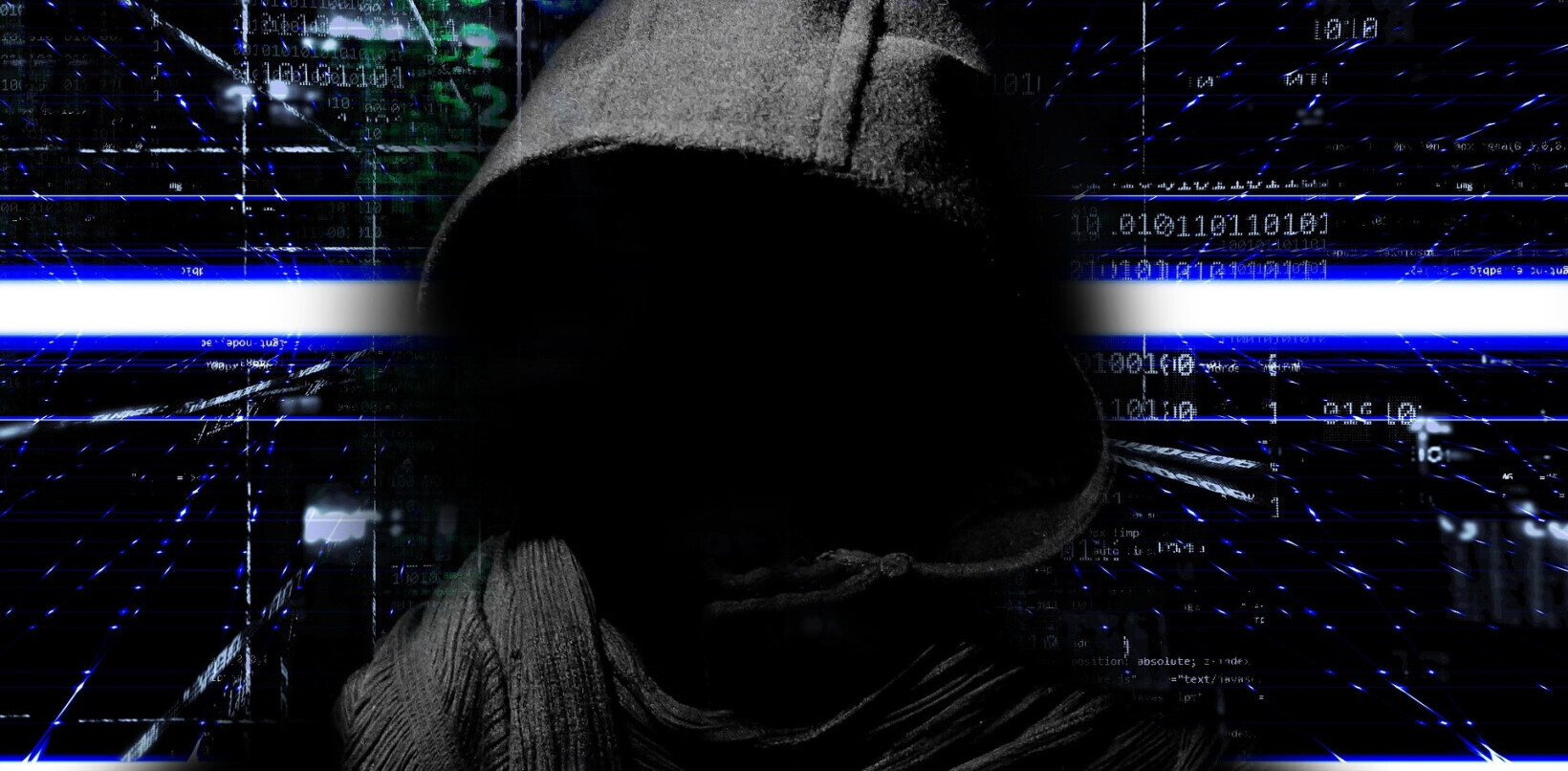
Following a decision to pull Twitter out of the EU’s (voluntary) disinformation Code of Practice last week, the reactions have not been long in coming. Upon receiving the news, the bloc’s industry chief Thierry Breton said that Twitter would still need to abide by EU rules soon enough.
Or, as Monsieur Breton put it (tweeted, in fact) when referring to the Digital Services Act (DSA), which will make fighting disinformation a legal obligation from 25 August, “You can run, but you cannot hide.”
Twitter leaves EU voluntary Code of Practice against disinformation.
But obligations remain. You can run but you can’t hide.
Beyond voluntary commitments, fighting disinformation will be legal obligation under #DSA as of August 25.
Our teams will be ready for enforcement.
— Thierry Breton (@ThierryBreton) May 26, 2023
Commissioner Breton was joined in his vexation today by France’s Digital Minister Jean-Noël Barrot. As reported by Politico, Barrot stated to the radio network France Info that, should Twitter fail to follow the new (and obligatory) rules laid down by the DSA, the company would get kicked out of the European Union.
“Disinformation is one of the gravest threats weighing on our democracies,” said Barrot, as translated by Politico. “Twitter, if it repeatedly doesn’t follow our rules, will be banned from the EU.”
First-of-its-kind self-regulatory rules
The code of conduct requires companies to measure their work on combating disinformation and issue regular reports on their progress. This includes things such as demonetising the dissemination of disinformation, ensuring transparency of political advertising, enhancing the cooperation with fact-checkers, and providing researchers with better data.
Google, TikTok, Microsoft, and Meta are all voluntary signatories. Twitter, obviously, was also part of the group up until last week.
There has been no official statement (or tweet for that matter) on the decision to leave, but it seems Elon Musk has changed his mind from four years ago, which was when the industry first agreed on the self-regulatory EU rules.
In an interview at the time, he stated that, “I think there should be regulations on social media to the degree that it negatively affects the public good. We can’t have like willy-nilly proliferation of fake news, that’s crazy.”
Blocking accounts on the behest of governments has increased
A $44 billion impulse purchase or not, changes have abounded at Twitter since Elon bought it. More than supplying the accounts of dead people with little blue ticks, it would seem that the new “era of free speech” he proclaimed is highly mutable.
Since Musk’s takeover, Twitter has actually become more compliant with government authority requests, including those of India and Turkey to block journalists, foreign politicians, and even poets.
Musk has previously stated that he believes free speech to be that “which matches the law.” However, with the recent withdrawal from the disinformation code of conduct he has demonstrated he is not adverse to extracting his recently acquired company from regulations.
By “free speech”, I simply mean that which matches the law.
I am against censorship that goes far beyond the law.
If people want less free speech, they will ask government to pass laws to that effect.
Therefore, going beyond the law is contrary to the will of the people.
— Elon Musk (@elonmusk) April 26, 2022
For once, it is not a tech lord threatening to leave the EU, but rather the bloc intimating that it might kick one out. Let’s see which way the DSA cookie will crumble.
Get the TNW newsletter
Get the most important tech news in your inbox each week.




